OPEN ASSEMBLY
Experiments in Aesthetics and Politics

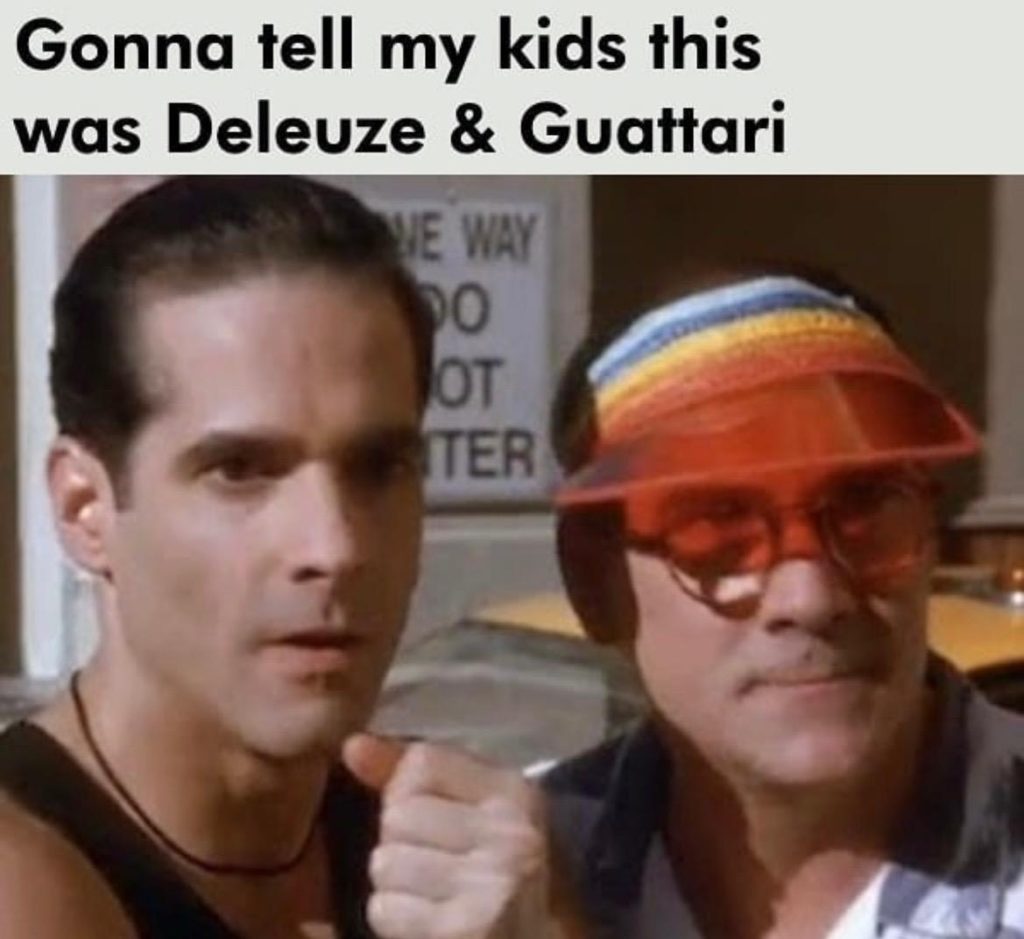
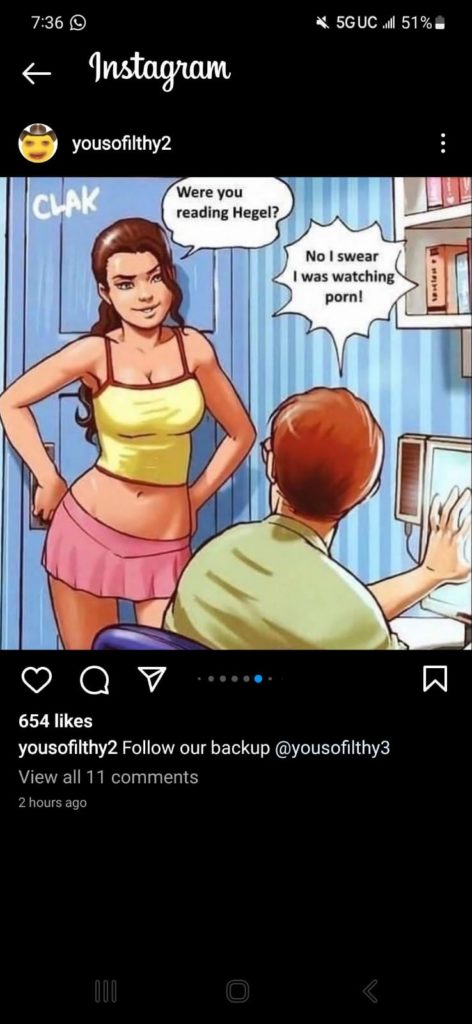
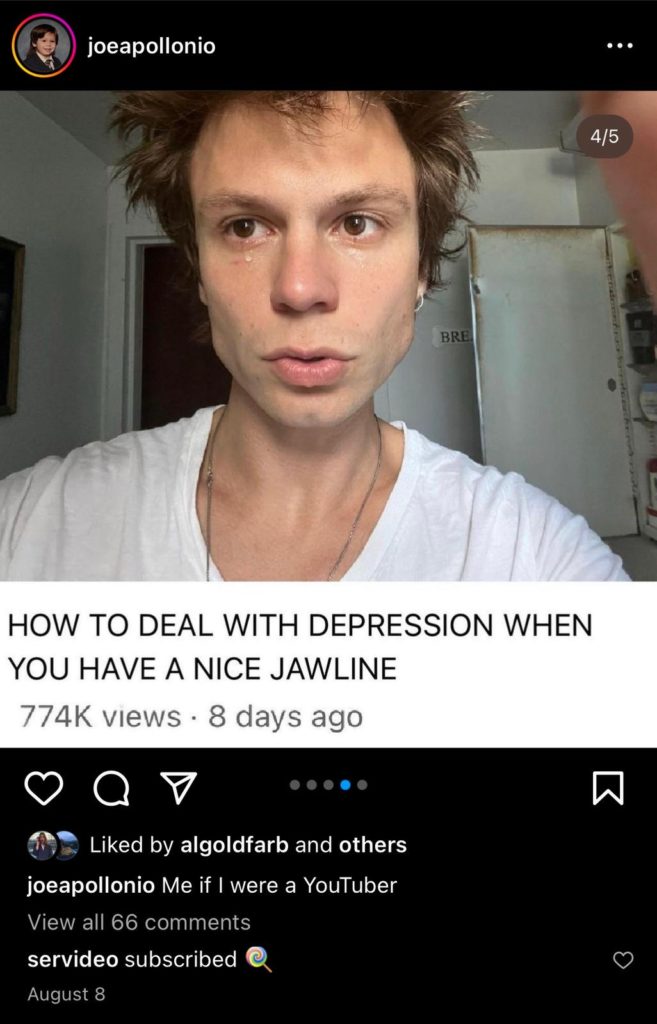



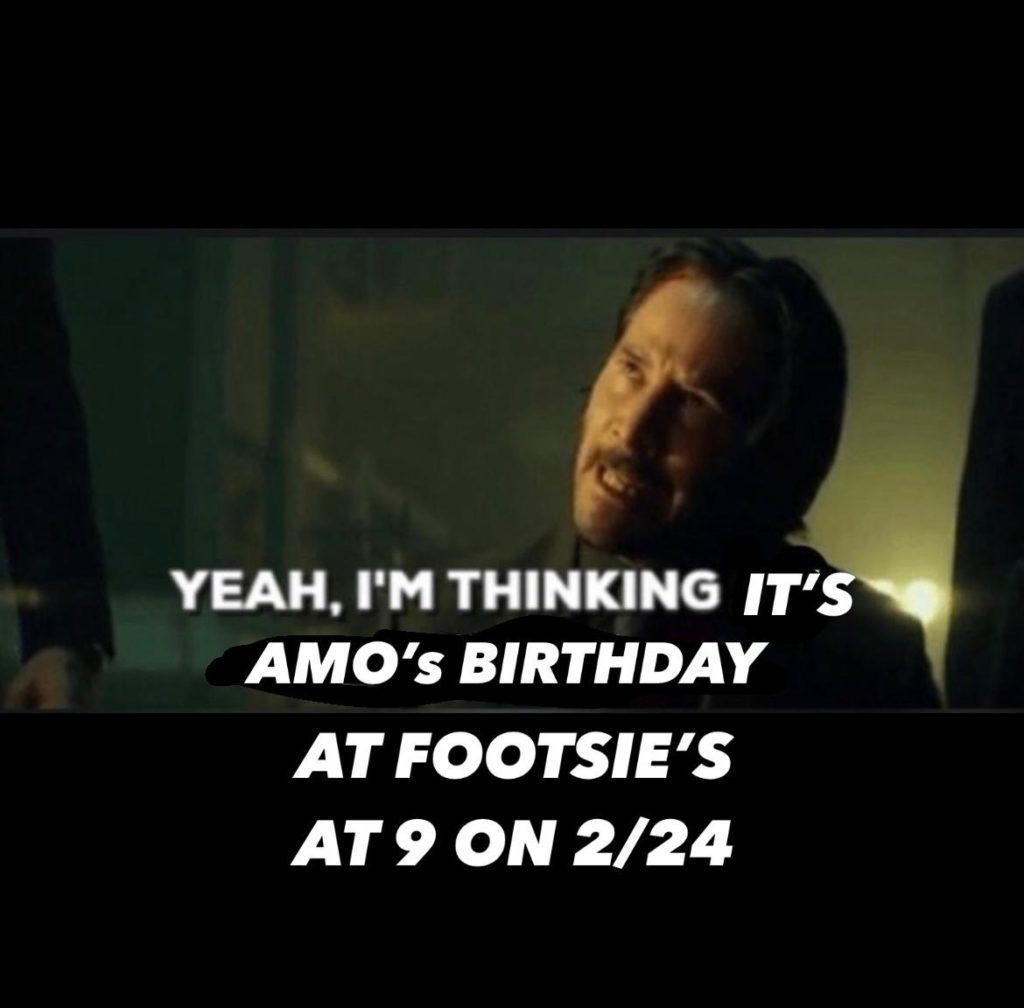
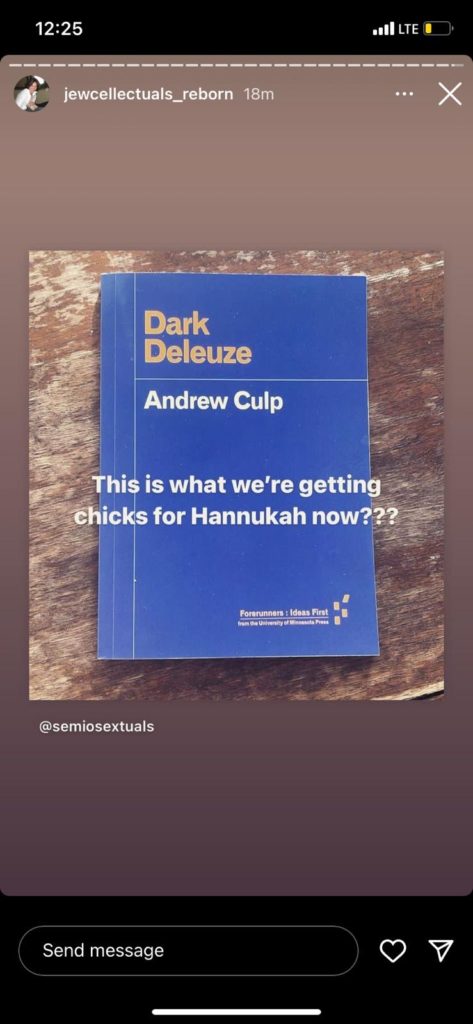
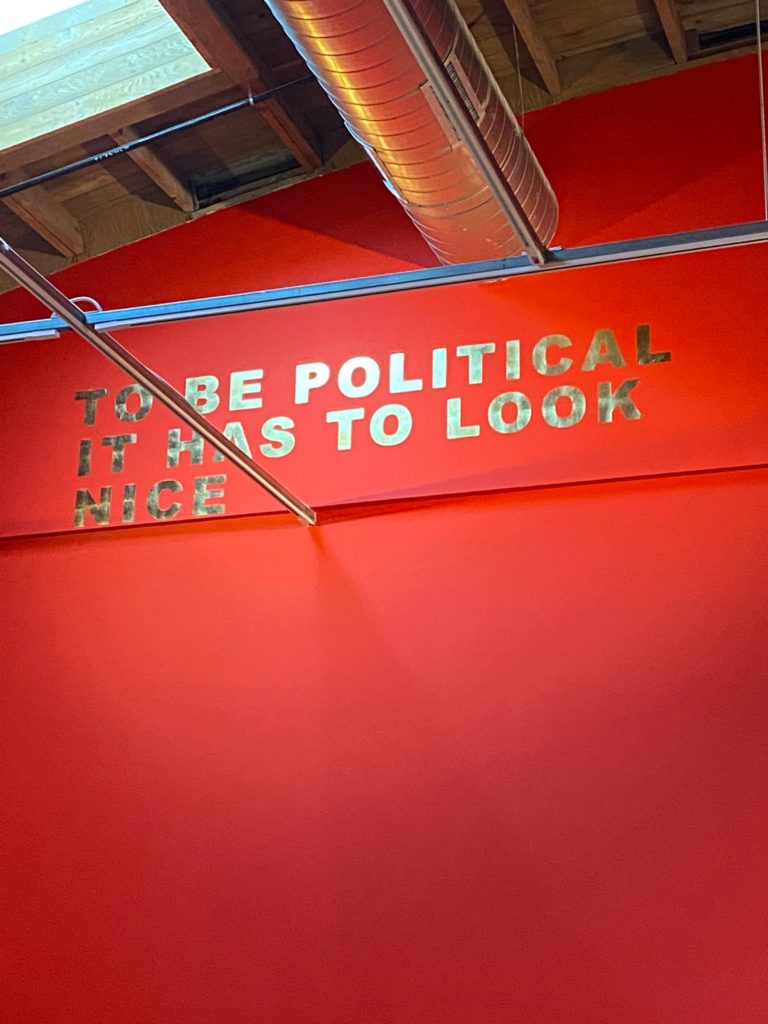
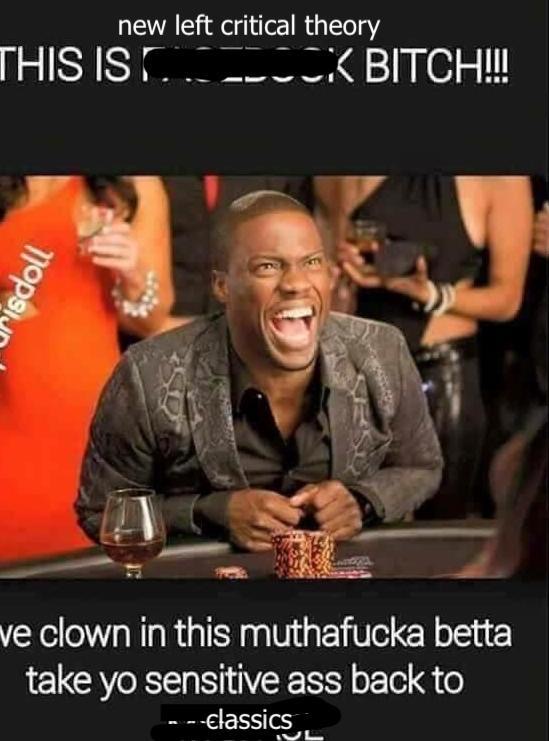
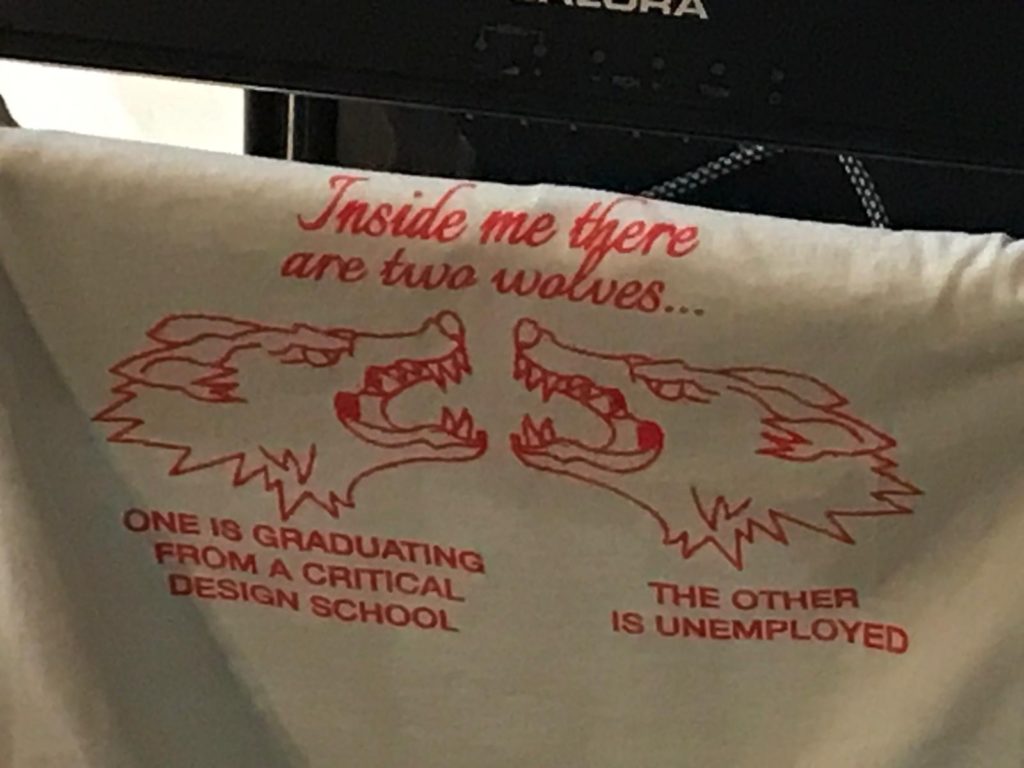
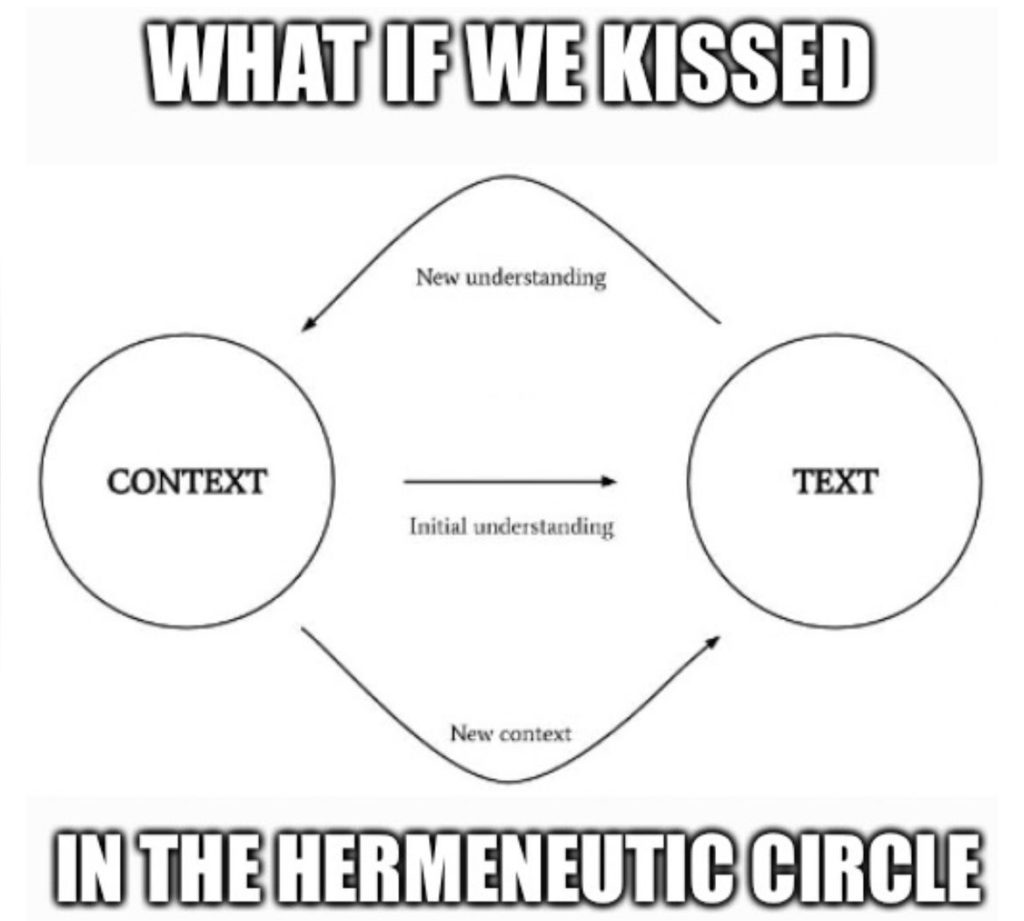

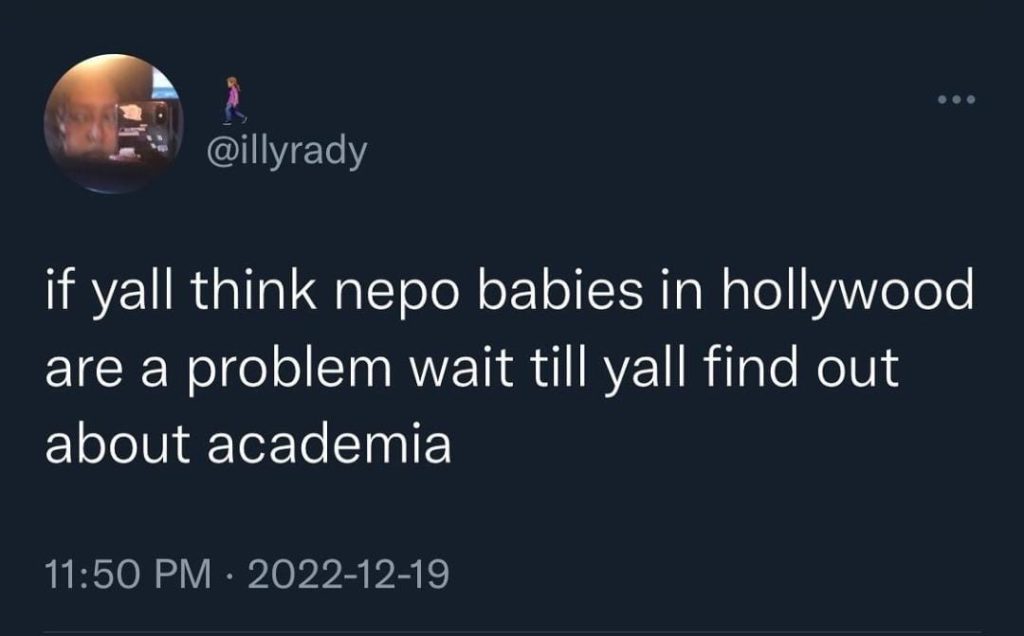
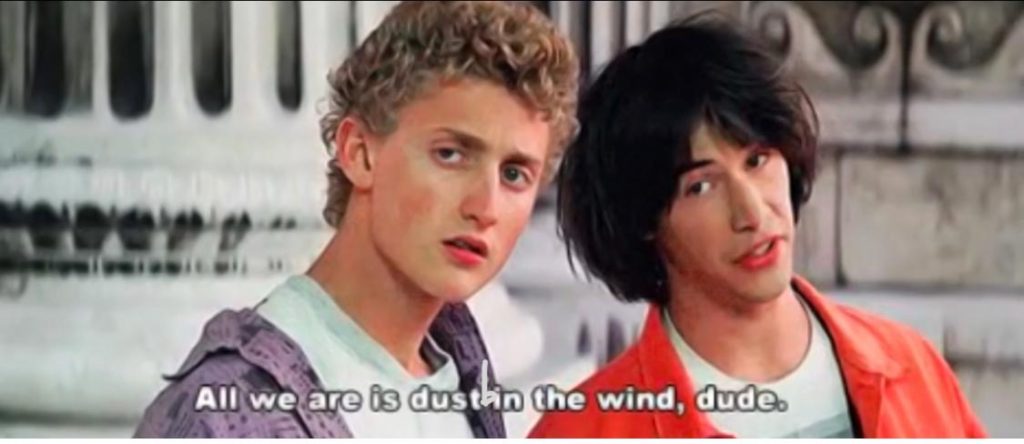


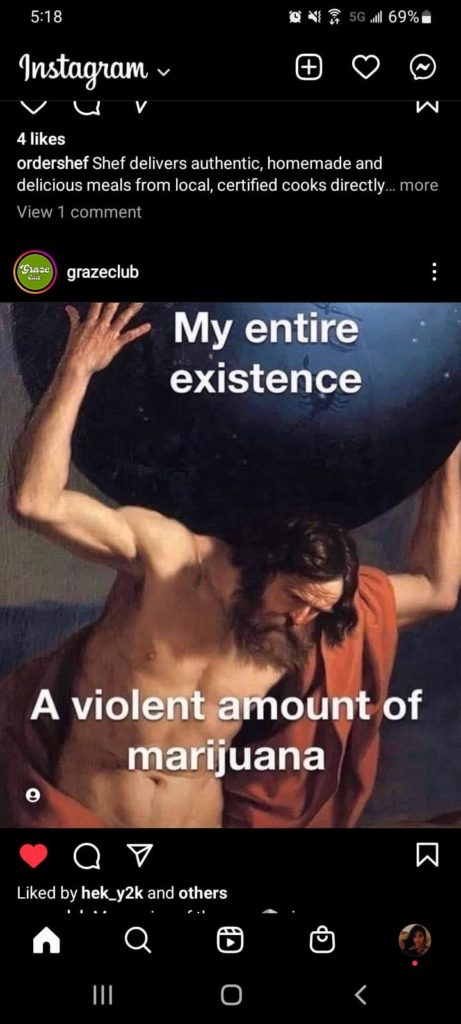
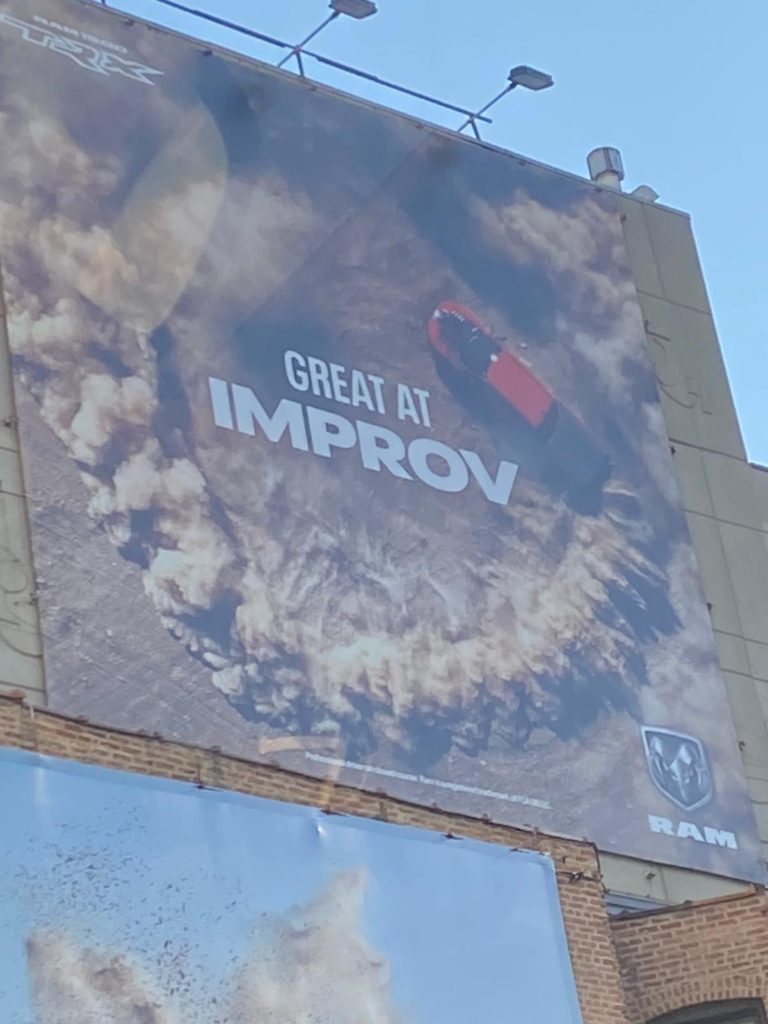
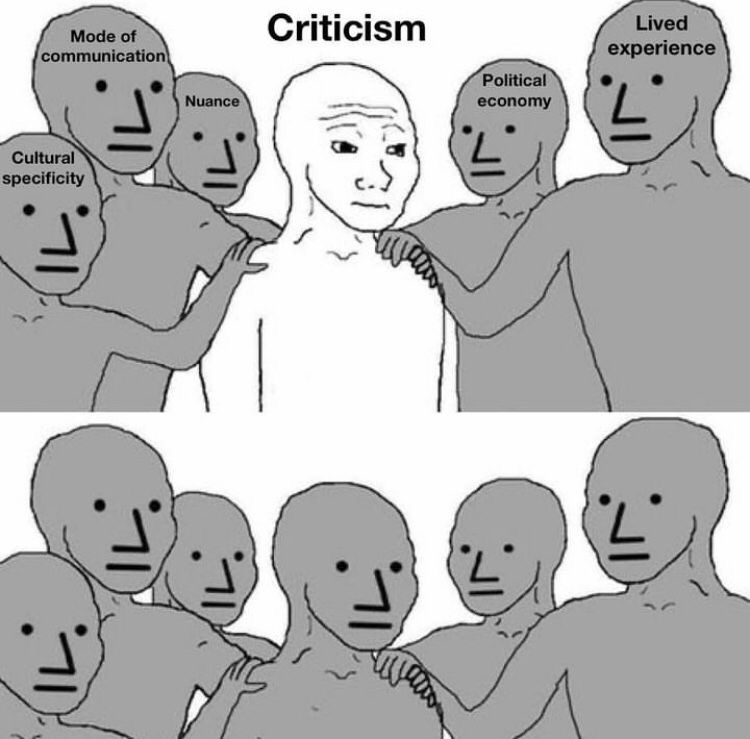
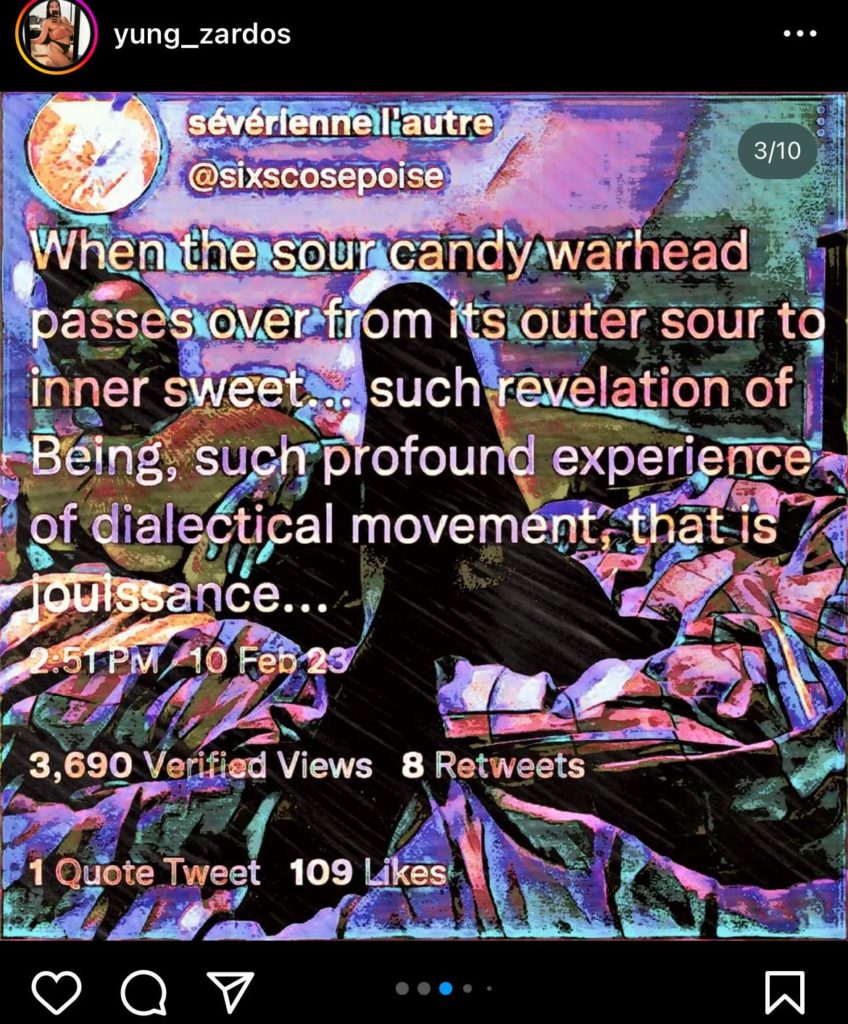
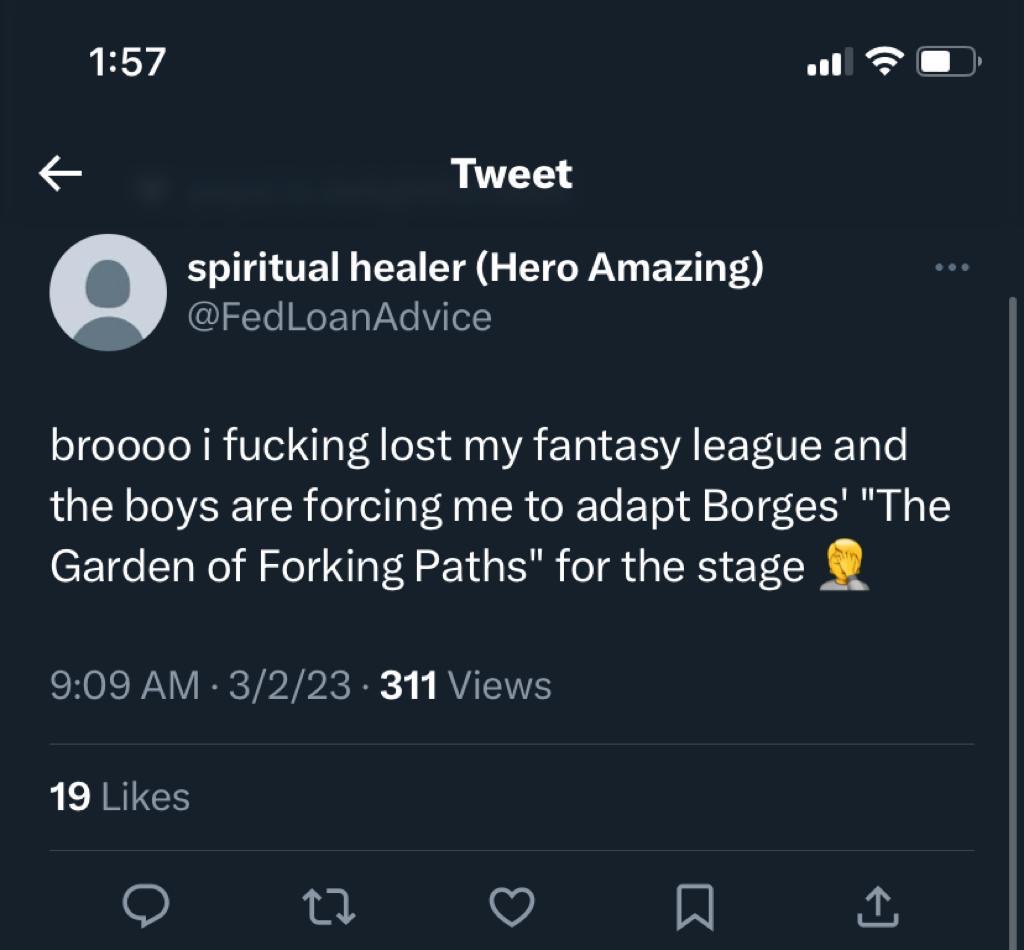
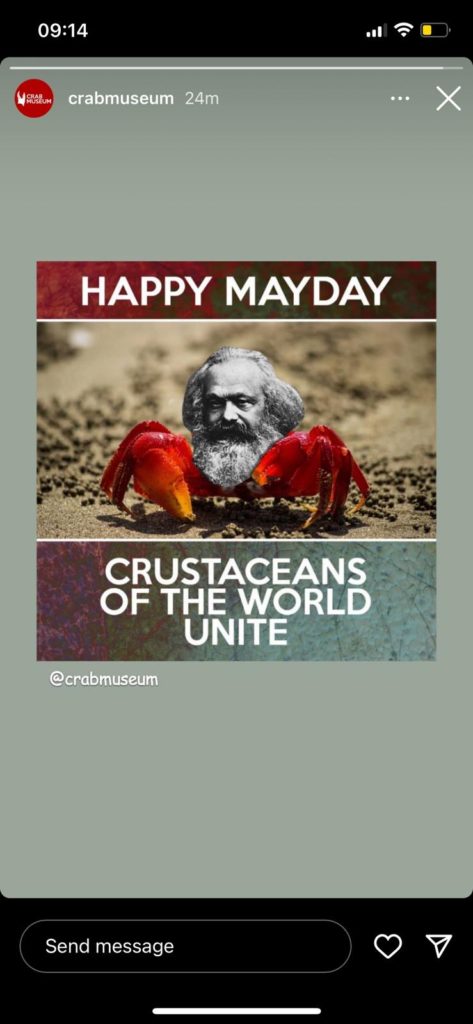
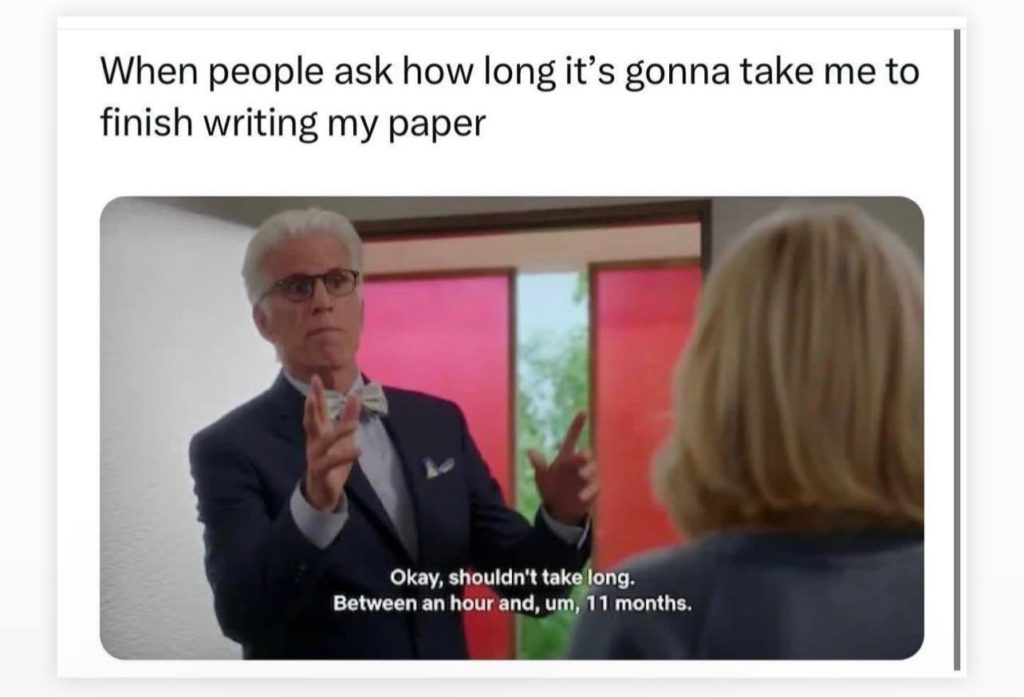
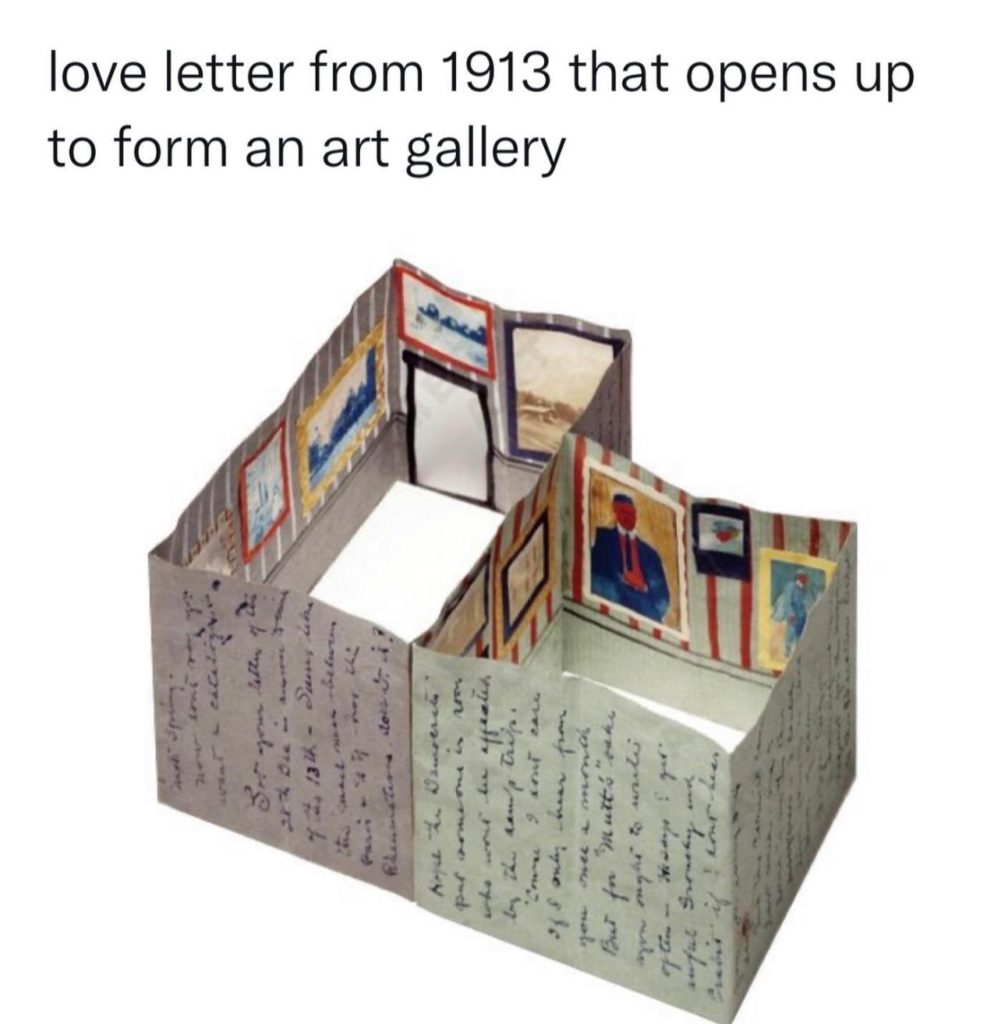
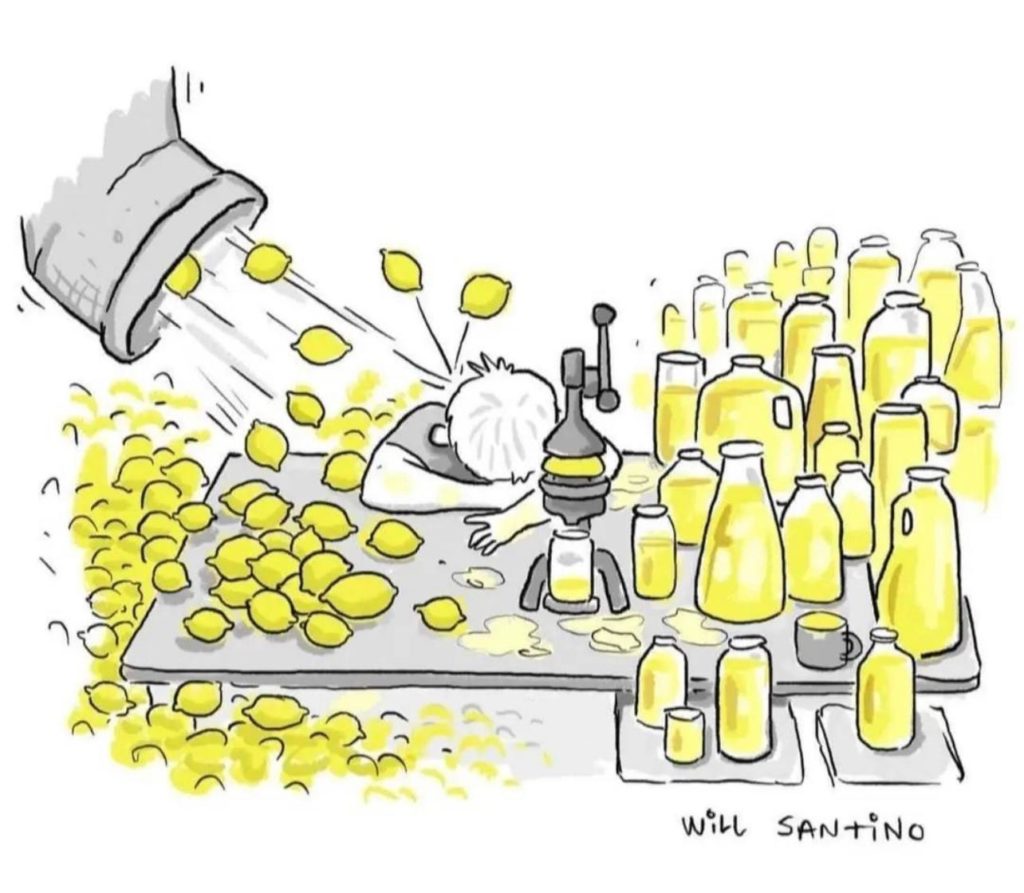
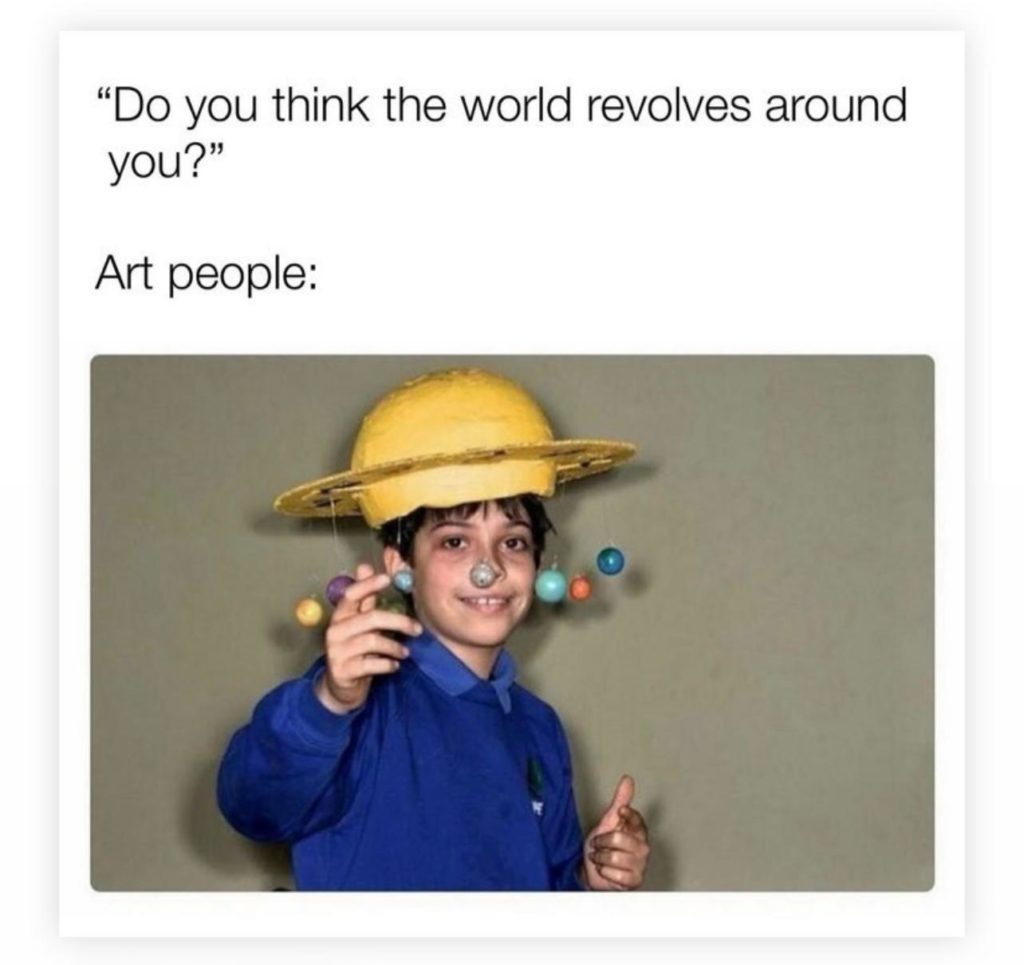
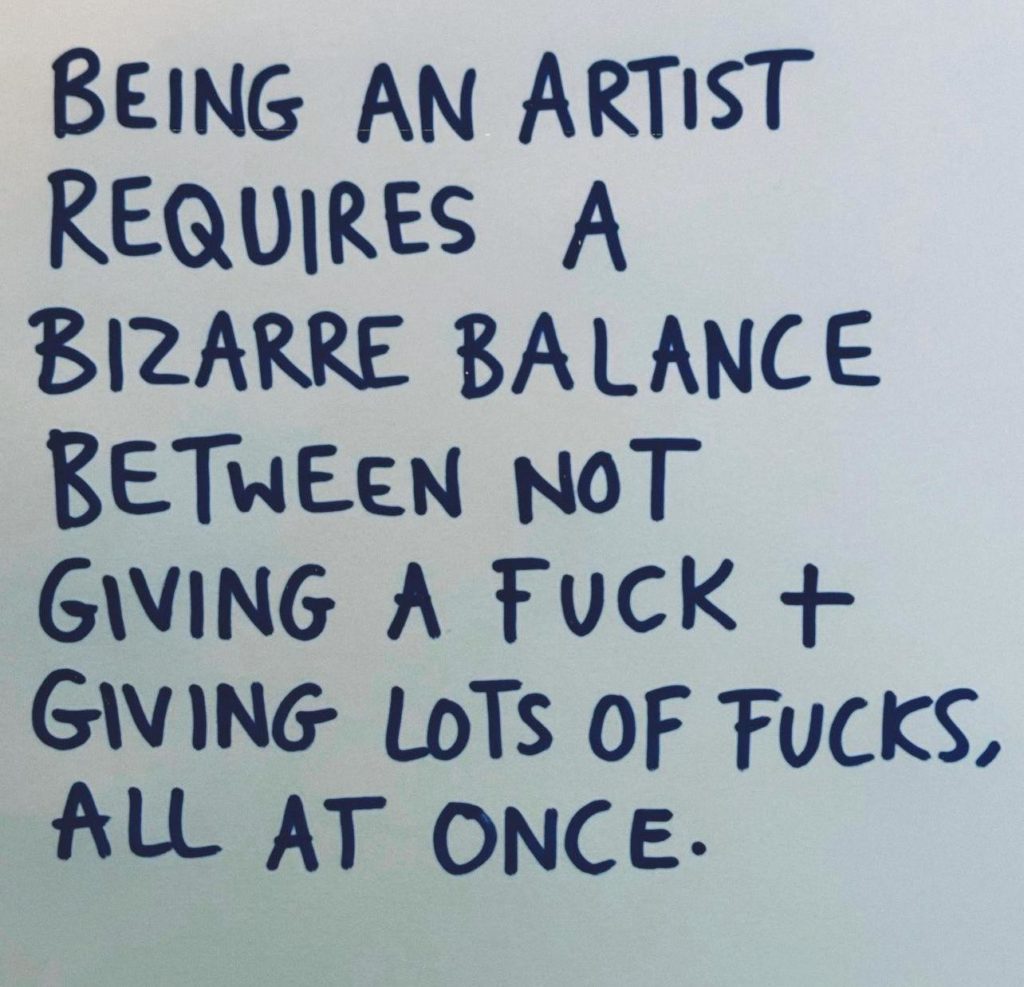

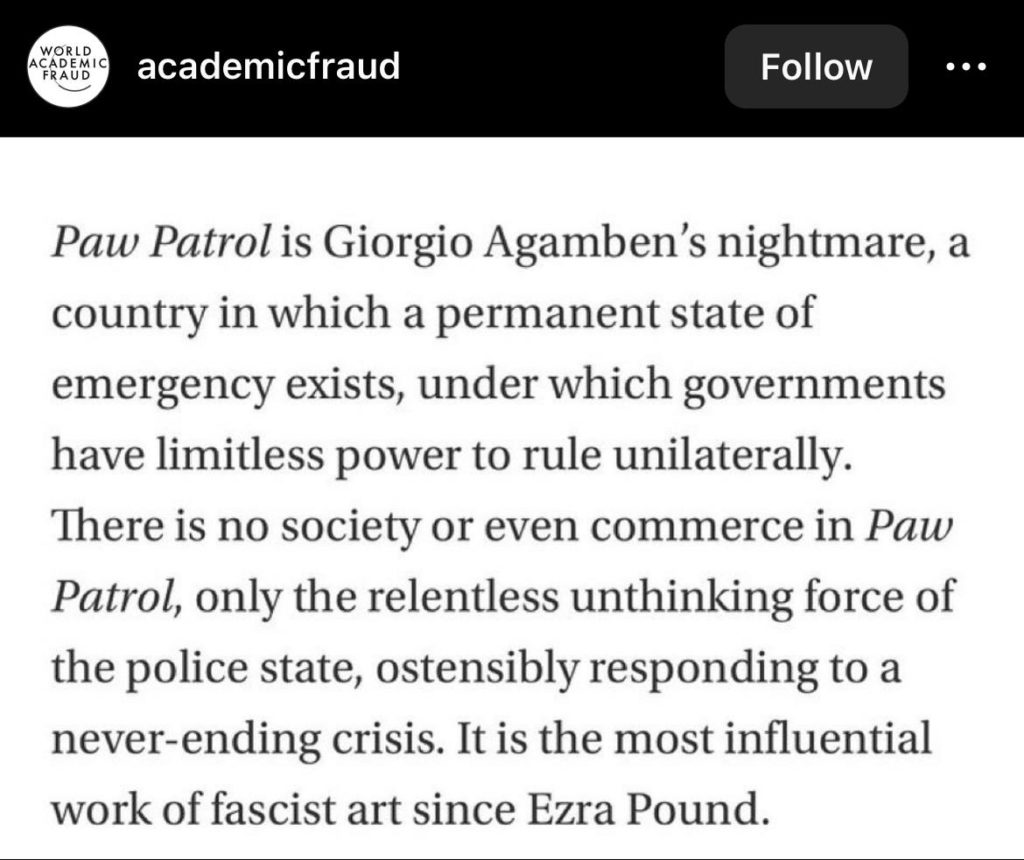

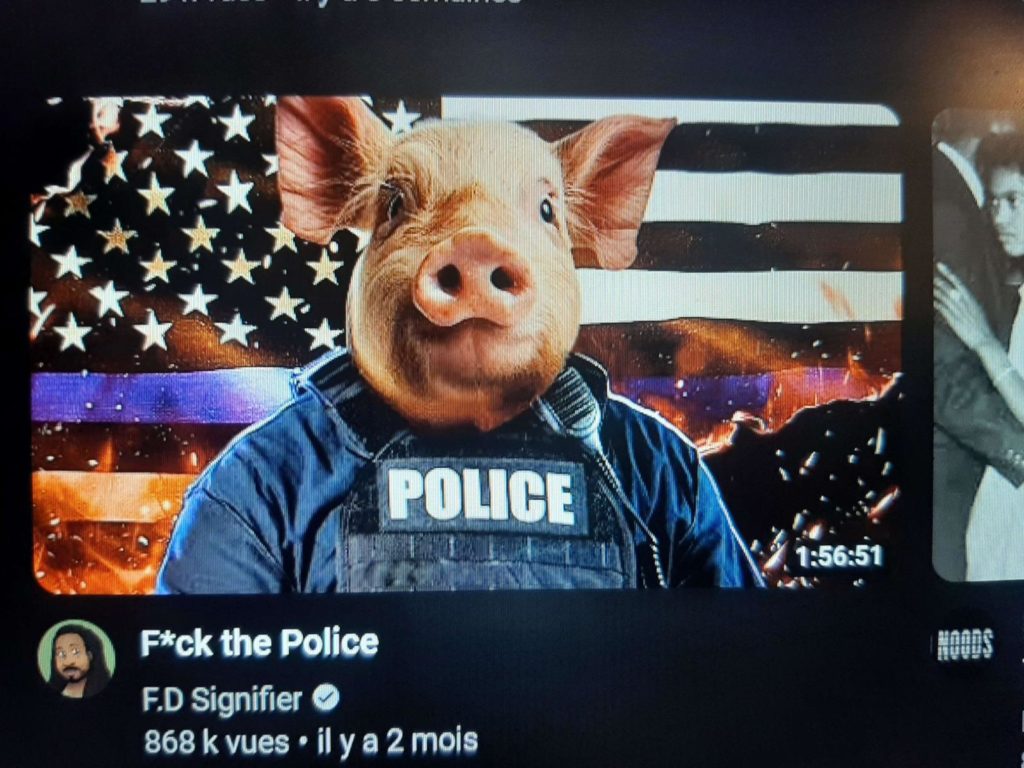

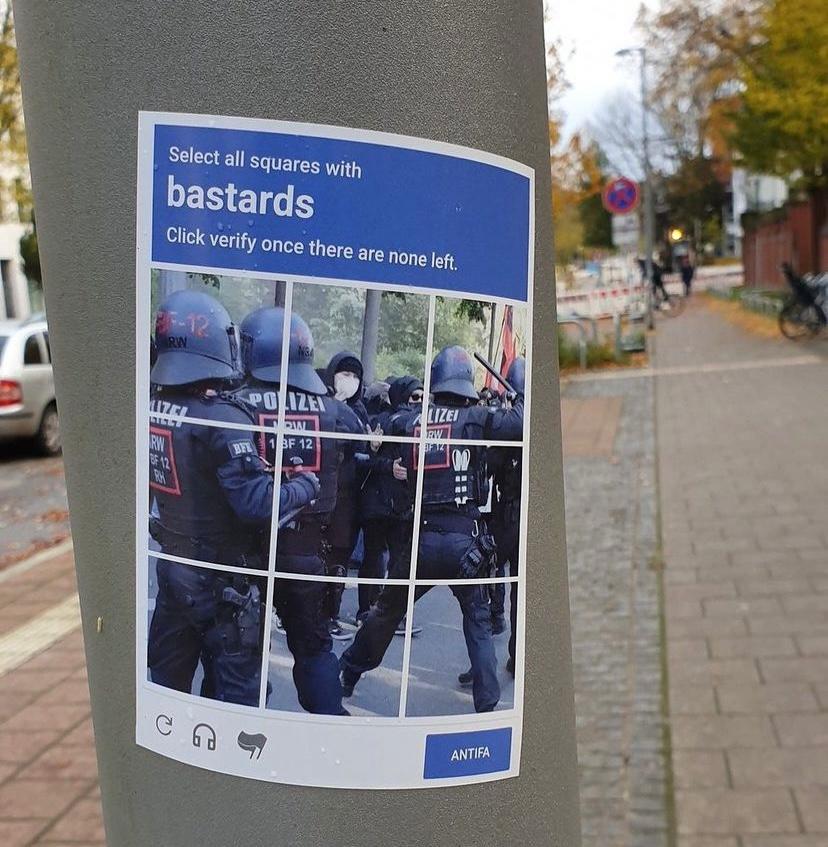
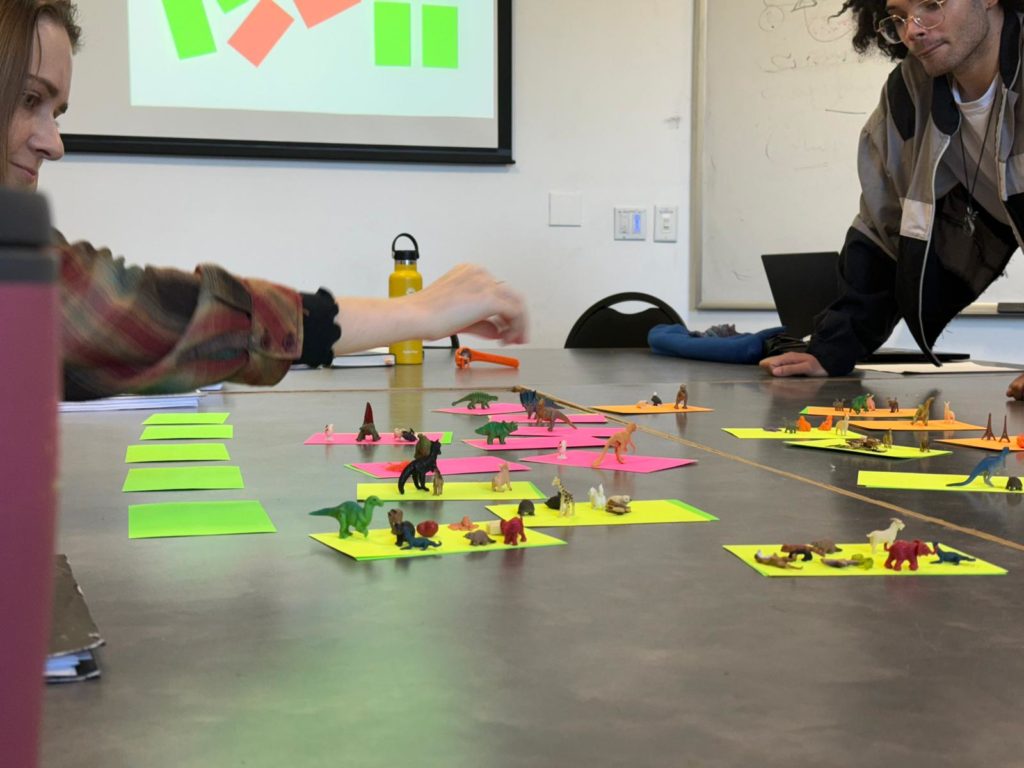
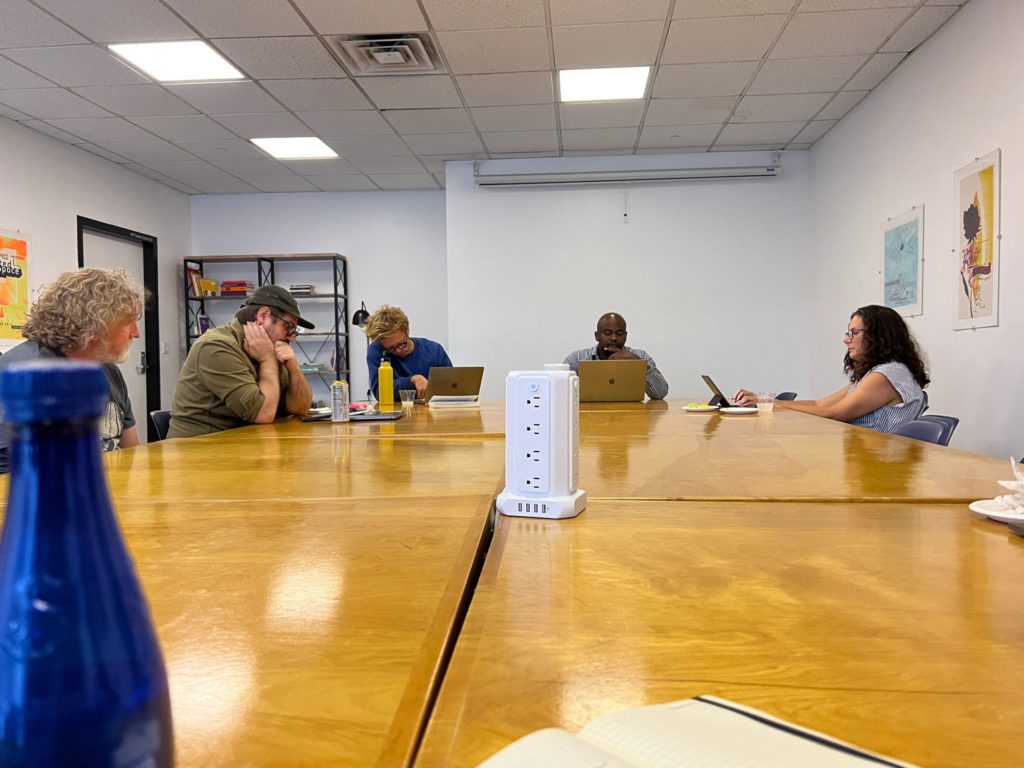
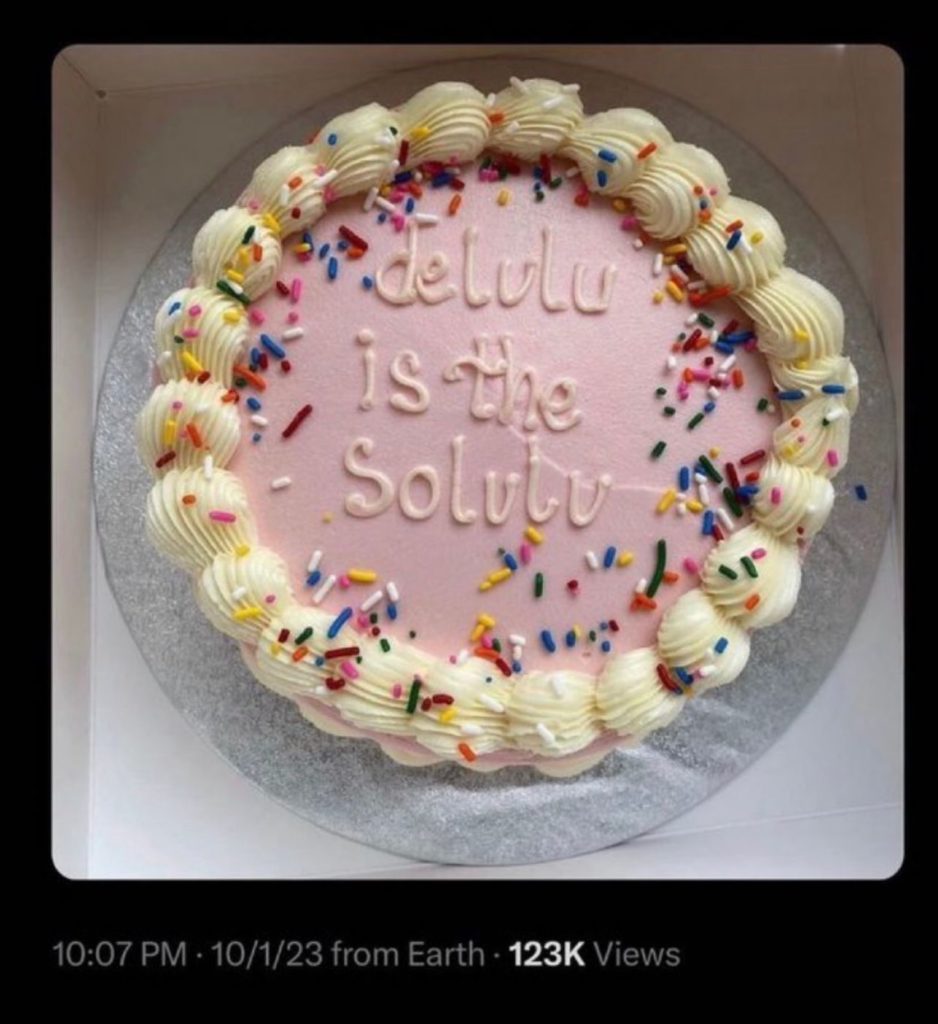

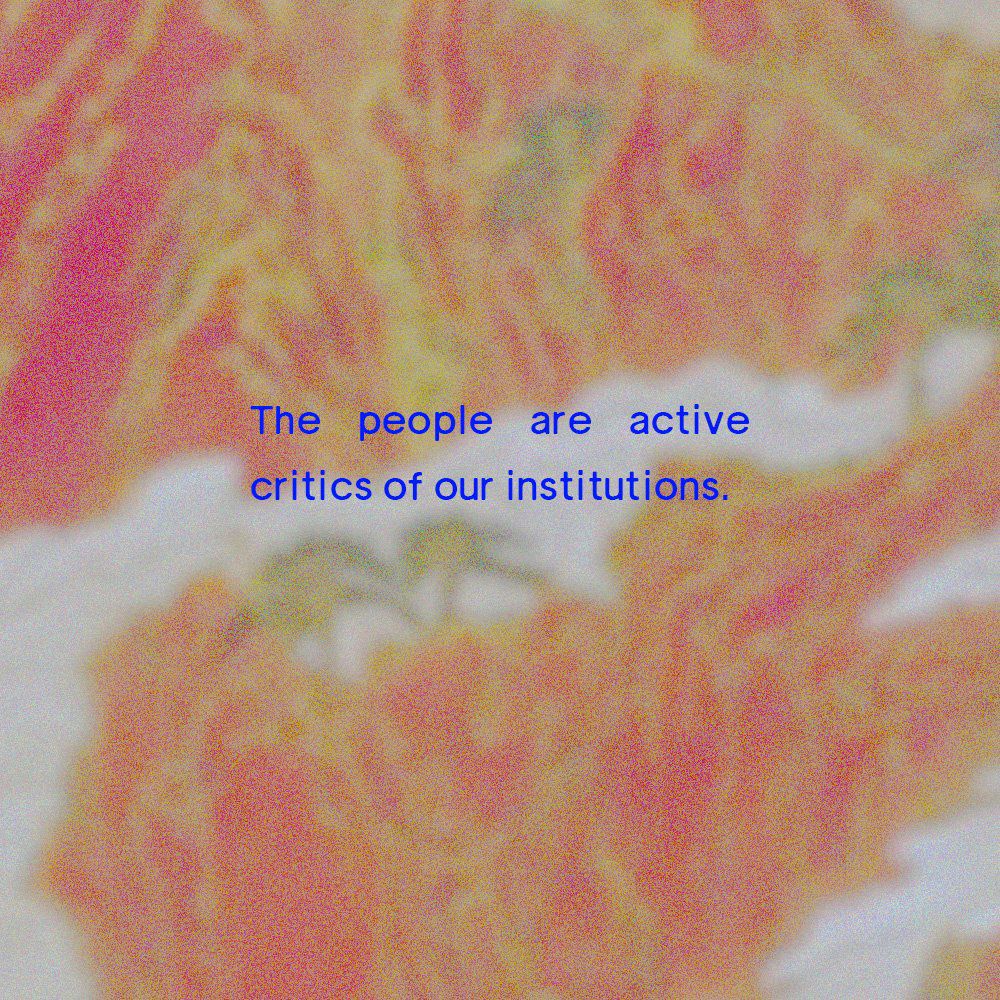
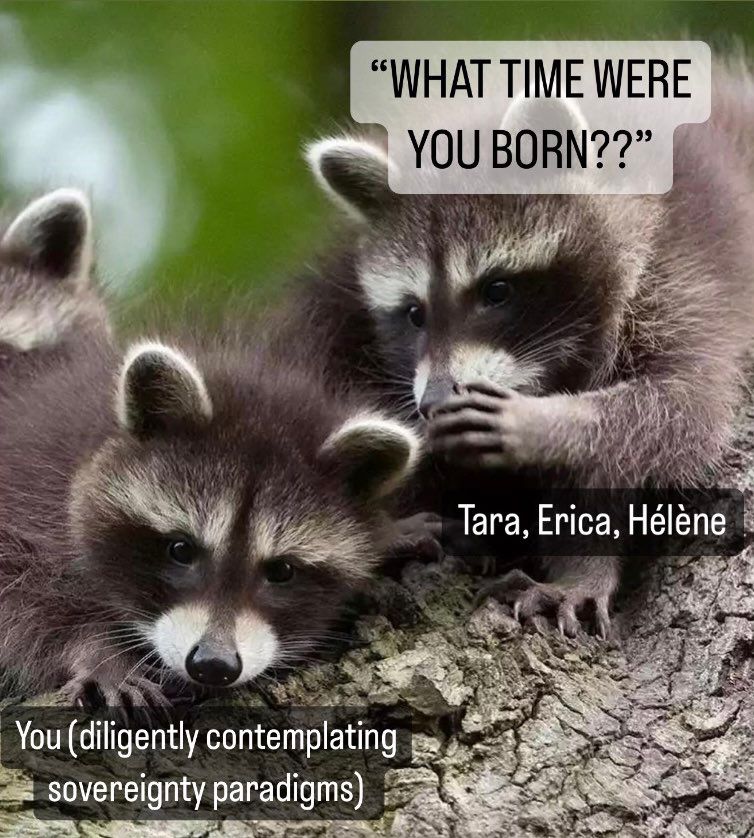
Off To The Trauma Factory: Thor, and The Psychological Effects of Content Moderation

Thor in Stark Labs after being brought out of hiding to rejoin the Avengers in 2019’s End Game.
On October 25, 2019, Sarah Roberts, assistant professor of Information Studies at UCLA, in conjunction with the MA Aesthetics and Politics department at California Institute of the Arts and the City of West Hollywood, offered a lecture as a part of the WHAP! public lecture series. She responded jointly with her colleague at UCLA, Safiya Noble, on her book, Behind the Screen: The Hidden Labor of Commercial Content Moderators, including remarks that echoed her article, “Digital Detritus: ‘Error’ and the Logic of Opacity in Social Media Content Moderation”. Roberts’s work explores the social and political implications of commercial content moderation, a term she coined to describe the invisible workforce responsible for keeping our social media feeds free from the vulgar and profane. When thinking of an invisible workforce, Superheroes immediately come to mind, and the work they do in the shadows to keep us all safe from harm. In the real world, those who do the veiled work we take for granted, this hidden labor force of content moderators, have a task that is, in effect, remarkably similar in scope. These individuals protect American society from our most debase and disturbing impulses. They are a veritable army whose sole responsibility is to make our experience online more palatable, so we can live in the illusion of a clean and decent world. But like most Superheroes, they are only human, and will eventually be affected by the burden they bear for America. While reading Roberts’ work, I began to see parallels to my own research on the political significance of Superheroes today as a modern mythology, and as a psychological reflection of our society’s relationship with itself. Something rather disturbing emerged.

Marvel Comics, 1963, issue 272, vol. 1, the premier of The Mighty Thor.
In the advent of Superhero comics, when Jack Kirby and Stan Lee had first thought up Captain America in the midst of Work War II, Superheroes were like Gods, and began their function as a metaphor and symbol for U.S. ideology. By 1963 however, the year The Mighty Thor came onto the scene, America had a very different face, and a very different opinion of itself. War-weary now from WWII, Korea, the Cold War 50’s, and smack in the middle of the Vietnam War, America was a paranoid and self-absorbed version of its own now mythological past. With land and sea conquered, and with the fear and arrogance of its colonial roots, America set it eyes on space. In this respect, Thor represented America’s newest, and highest aspiration: the Space Race.

Marvel Comics, issue 160, vol. 7, The Mighty Thor vs. Galactus.
After all, Thor was from outer space. He was a masculine God figure who was capable of wielding the power of thunder and lightening, and traveled with ease between planets via an Einstein-Rosen Bridge, or worm hole. Thor was capable of fighting the intergalactic enemies we on Earth could not, enemies we didn’t even know we had, out there in oblivion. It was his ability to see the unseen, to know the unknowable, and travel through time and space to conquer our invisible enemies that allowed Thor to become a symbol of hope and transcendence. Thor saw things that could not be unseen, sacrificed his eyes to see the things we should not have to, and was strong enough to bear this burden for the greater good, or so we thought.
Decades later, now beyond the era of Pulp printings, we have evolved our viewing experience, and evolved our mythology along with it. With the rise of capitalism came the rise of the ego, individualism, and the death of God. We have moved into the era of the Superhero film, and have brought our respective PTSD from the past century with us.

Thor Ragnarok – Thor (Chris Hemsworth) ©2017 Marvel Studios, photo by Jasin Boland
In his thesis entitled, “The World Only Makes Sense if You Force it To.”: Superhero Conflict as National Discourse: Trauma, Anxiety, Struggle – Exploring the Ideological Implications of Cinematic Super-Heroism, David G. Hughes writes, “A cultural phenomenon as pervasive as superhero cinema provides an insight into the collective temperament and ideological underpinnings of society itself, especially as… the superhero genre is one of the clearest articulations of the many contradictions, fantasies, and anxieties that inform this age.” (“The World Only Makes Sense if You Force it To,” 4). From this we can glean that our society is troubled indeed. The latest incarnation of Thor echoes our own tragically alienated current state. He exists in-between multiple post-apocalyptic, dystopian worlds, as a fallen conquerer-turned-refugee. Hughes goes on to say that film in America is not only reflective but also aspirational. If this is the case, then it is grim aspirations we have for ourselves, as is evidenced in Marvel’s latest, and final hit of the Avenger’s franchise.
The story of the hidden labor of our Superheroes hits its climax indeed with the film End Game. At this point, the formidable villain Thanos has been beheaded by Thor, but not before he had destroyed Thor’s home planet Asgard, killed his brother Loki, and eventually wiped out half of the entire population of the universe the very moment before he lost his head. Since then, Thor has been residing in New Asgard, a settlement he established in Norway with the surviving Asgardians. Feeling responsible for all that has been lost, and unable to forgive himself, Thor has taken to drinking obscene amounts of beer, playing video games with his two enabling friends, and only leaving his home once a month to re-up on supplies. Hulk and Rocket are sent to retrieve him for a new plan, and find Thor greasy, fat and drunk. At the mention of Thanos’ name Thor nearly attacks Hulk, and then almost as quickly slips into a weepy, slobbering mess.

Thor, greeting Rocket and Hulk as they enter his home in New Asgard, in 2019’s End Game.
He is a self-loathing shell of the God of Thunder that he once was, depressed and lost. If even our Gods can succumb to misery and nihilism, what of our young, relatively innocent content moderators who are without the years of experience or strength of Thor?
In the short documentary film by Adrian Chan entitled simply The Moderators, we get an inside look at the week long training the aforementioned workers go through before being trusted with the content of Facebook, dating sites, and various other social media outlets. The film opens up with some numbers: “It is estimated that the number of content moderators scrubbing the world’s social media sites and mobile apps is over 150,000. That is more than twice the head count of Google and nearly nine times that of Facebook.” (“The Moderators”). Already, the outlook is grim. The film is not for those with a weak stomach. The viewer is exposed to example images the teachers use to train new staff. Most of the people in the room are working their very first job. Others are simply building their resumes or gaining experience. None of them have ever seen anything like what they are about to see. These young people are in India, and the kind of obscenity we take for granted in the U.S is unexpected and shocking to some of them. At one point in the film, an image is paused on the screen for a teaching moment. It is of a man in full rubber gimp submissive costume, a leather funnel tightly strapped to his face. The teacher points out that the image is obscene because the man above him is urinating into the funnel. The crowd sits calmly, looking confused. To me it seems obvious why this image is obscene, the urination being the least of it. As the students take copious notes, I burst into tears. This is their job now, and they are taking their training very seriously. They are told that this opportunity comes once in a life time, and that it is very important work. But from my position in the U.S., it only feels like emotional exploitation.

First day of training for The Moderators.
This is the hidden workforce Sarah Roberts speaks of in her article “Digital Detritus: ‘Error’ and the Logic of Opacity in Social Media Content Moderation”. She exposes the commercial content moderation business for what it is: a hidden army, exploited for their willingness and naïveté, working in appalling conditions, for long hours and low wages, exposed to the most vile elements of humanity, more often than not in countries abroad. Roberts discusses the political and commercial forces motivating the notions of appropriate versus obscene content, and how a global workforce shrouded in opacity is responsible for carrying out these moral codes. She speaks about “the platforms’ ‘embeddedness’ within the U.S. political establishment, and their own relationship to policy, foreign and domestic” (“Digital Detritus,” 2). It becomes increasingly clear what the underlying political agenda may be when we learn in The Moderators about how extreme and severe the content they are editing is. These foreign invisible workers must endure our country’s egos’ worst fodder. The psychological ramifications of consuming these kinds of images en masse, eight hours a day, 5 days a week is profoundly disturbing. Then, what if they make a mistake? What if, on their watch, an image slips by them, a dangerous image, an image that ends up harming someone? What if. Can we imagine the potential feelings of guilt and grief the moderator may endure? Can we look to Thor in his drunken stupor now, and see the future of a litter of humans who did their best, only to inevitably fail in their fool’s errand? Being exposed to the most horrible and base of humankind’s whims is no job for any decent person, so the U.S. pushes this undesirable labor onto Brown peoples, far, far away, ridding themselves of the responsibility of the aftermath through non-disclosure agreements.

Pause for a teaching moment in The Moderators.
This obscene practice goes on in the shadows, hidden by the media giants who benefit from the work these censors do. For what advertiser would want their product running alongside images of lewd sexual acts, or racist propaganda? It is in fact the advertising and corporate sponsorship that companies like Facebook and Google are at risk of losing, not their audience or contributors. What does that say about us as the participants? What will we need to happen before we act? Apparently nothing can stop our narcissistic urges, and we are willing to sacrifice the mental health of others far away, to maintain a space where we can satisfy our shallow desires. Why not just shut it all down? Can we not perceive an internet free from social media? Are we willing to sacrifice certain personal luxuries for the sake of our fellow man? The moderators are willing, so why aren’t we? These humble workers arrive on the scene just like Thor, outsiders who travel between worlds, both real and cyber, with the ability to manipulate the nature of reality, and provide for us the comfortable illusion of security and goodness. They are told their work is noble, important, and so they fight the unseen enemies of cyber space, with no reward, at whatever cost, even their own sanity.

Shocked and confused trainees in The Moderators.
Add commercial content moderation to the long list of U.S. industry’s exploitation of foreign labor. To what end and at what cost? Our Supers have always been exploited, for their powers, for their willingness, and their lack of ability to do anything else. They represented the outsider, the exploited foreigner, the underdog who saves the day. The difference is, these humble workers do hide their super powers to live a normal life when they are not out saving the world from total moral annihilation. They are cogs in a vapid network of social desires that are kept hidden. The training these workers endure is a form of cultural imperialism, no doubt desensitizing them to the most debase kind of imagery. It might feel like an exaggeration, but the job seems to demand a numbing without escape. If we are to find even the Mighty Thor wracked by the reality of humanity’s most cruel and disturbing impulses, what will become of these innocent people without the strength, or years of experience to deal with what they see every day? How can one go on living and pretend they don’t know what evil lurks in the hearts of men? Only time will tell.
Works Cited:
Chen, Adrian and Cassidy, Ciaran, directors. The Moderators. Field of Vision – The Moderators, Vimeo, 2017, vimeo.com/213152344.
Hughes, David G. “‘The World Only Makes Sense If You Force It To.’: Superhero Conflict as National Discourse: Trauma, Anxiety, Struggle – Exploring the Ideological Implications of Cinematic Super-Heroism.”, 2018
Roberts, Sarah T. “Digital Detritus: ‘Error’ and the Logic of Opacity in Social Media Content Moderation.” First Monday, vol. 23, no. 5, 5 Mar. 2018.
Russo, Anthony and Joe Russo, directors. Avengers, End Game. Marvel Studios, 2019.
Bio:
Diana Ellen Rivera is a second year MA Aesthetics and Politics student at California Institute of the Arts. She hails from New York City where she received her BFA in Photography and Art History from Tisch School of the Arts at New York University. She received her first masters in MFA form from The International Center of Photography at Bard, and went on to run her upstart gallery in South Bronx, The Clocktower Salon, for its short but vibrant five year life span. She now resides in the mountain town of Wrightwood, San Bernardino County California with her husband, 6 year old son, and their basenji dog. She hopes to break into local politics and plant a nice garden in her yard.
